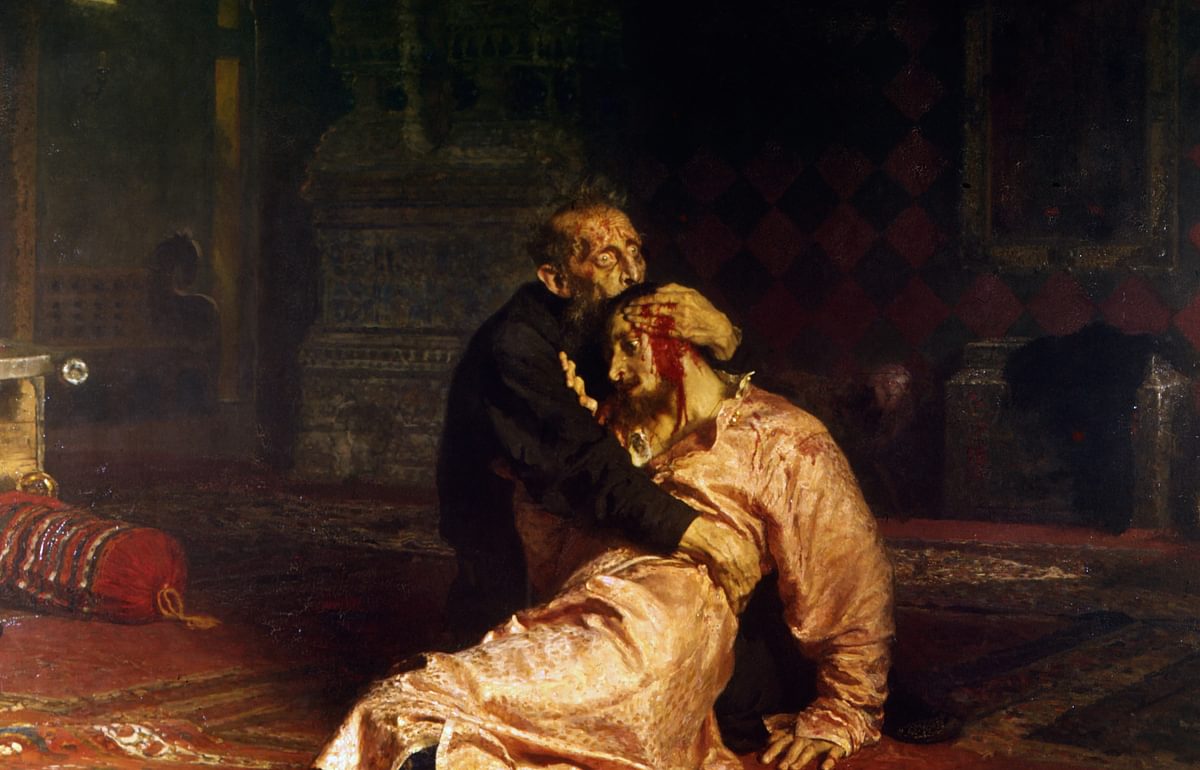
Before getting into the story of the Rus, we have to address possibly the biggest controversy in Russian and Ukrainian history - who were the Rus? The debate between “Normanists” - those who say the Rus were Scandinavians, and the "Anti-Normanists” - who cover a range of positions, sometimes arguing for a different outside origin - such as Lithuania - but mostly defending the idea that the Slavs made their own nations without external influence.
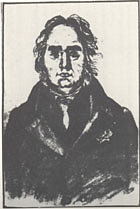
Gerhardt Friedrich Muller, one of the founding members of the Imperial Academy of Sciences, gave the first public presentation of the Norman theory, kicking off the debate, which has gone through a number of phases over the years.
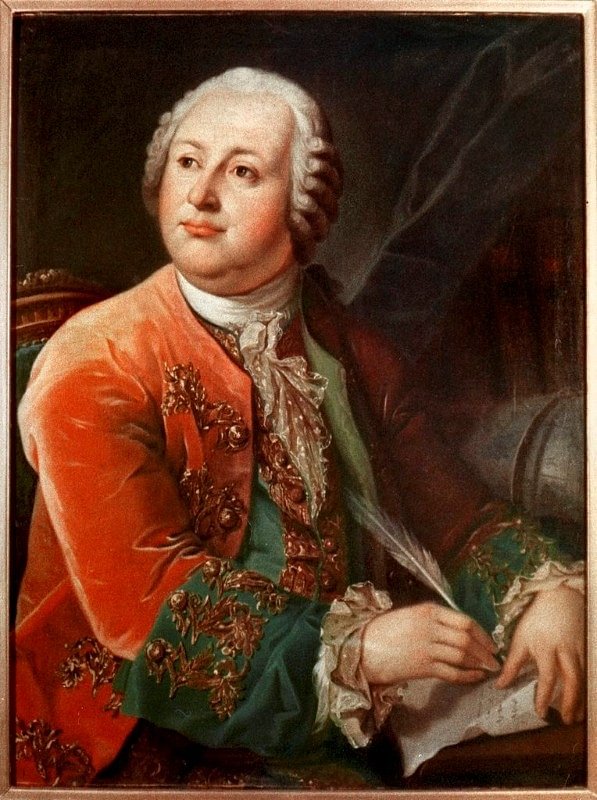
Russian polymath and founder of Moscow State University Mikhail Lomonosov got the Anti-Normanist school going in his response to Muller, but despite initial success, the Normans were going to rule the Russian Empire.

Nikolai Karamzin, the dominant historian of the early 19th century was a firm Normanist, setting out the position that would become the “official” imperial history.
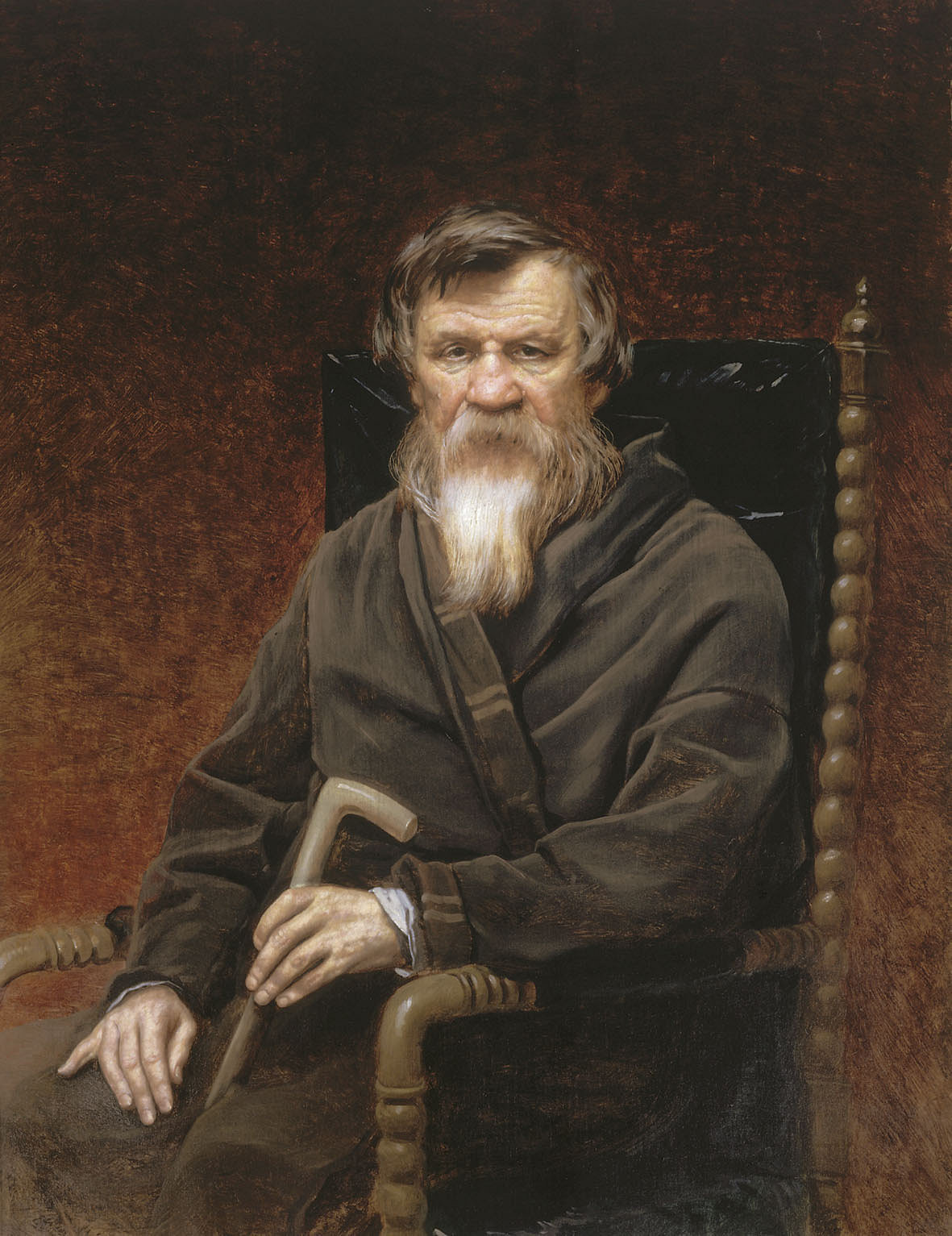
A generation later, Mikhail Pogodin disappointed imperial officials looking to suppress non-Russian Slavic identities in the Empire, but continued to defend the Normanist position.
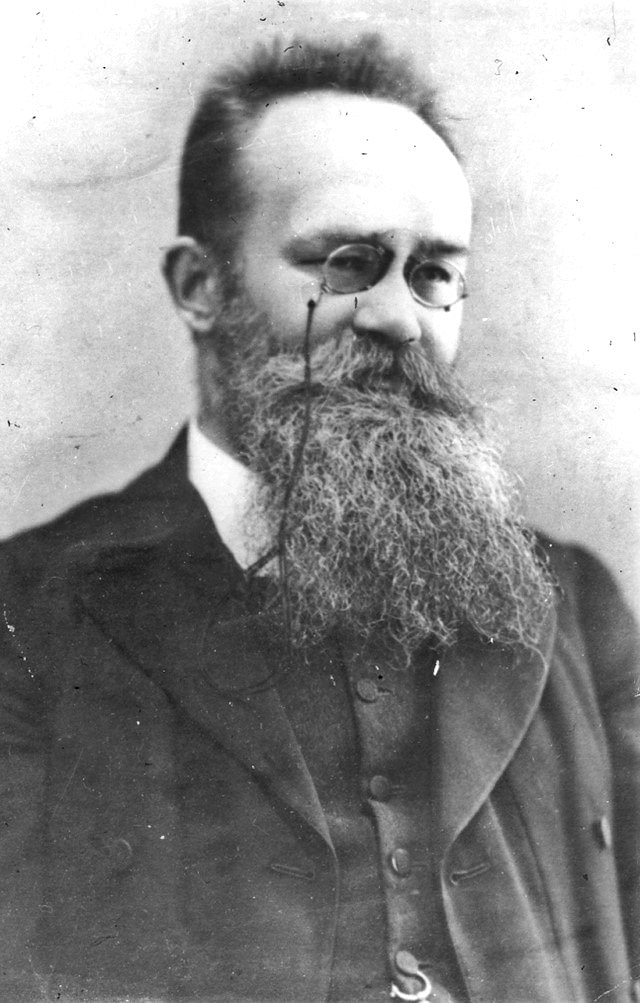
Mykhailo Hrushevkyi, one of several authoritative historians involved in the Ukrainian independence movement at the end of the Russian Empire made the history of Ukraine his life’s work. He had no time for the idea of Scandinavian Rus, dismissing it as a “fiction” and arguing strictly for a Slavic, specifically Ukrainian origin.
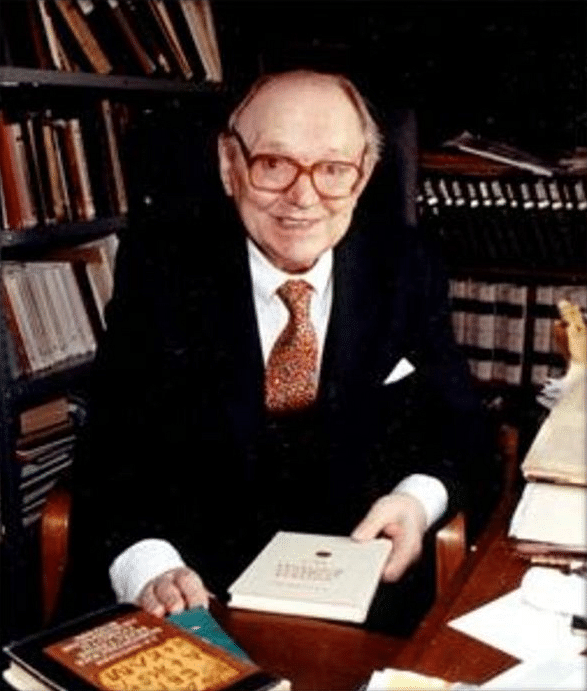
In the late twentieth century, Omeljan Pritsak and other historians tried to move the debate beyond nationalism, bringing the steppe and non-Slavic peoples back into the story and presenting the emergence of Rus as the result of a combination of factors rather than an external imposition.
Listen to Episode 1.22 - Normanists and Anti-Normanists - now on the website, Spotify, Apple Podcasts, or YouTube.
Subscribe to the show on Patreon, Anchor for Spotify users, or Apple Podcasts for exclusive member content